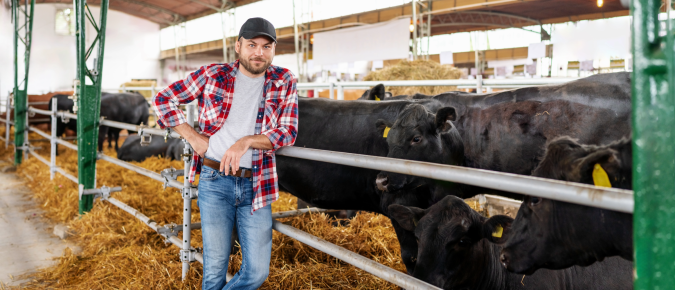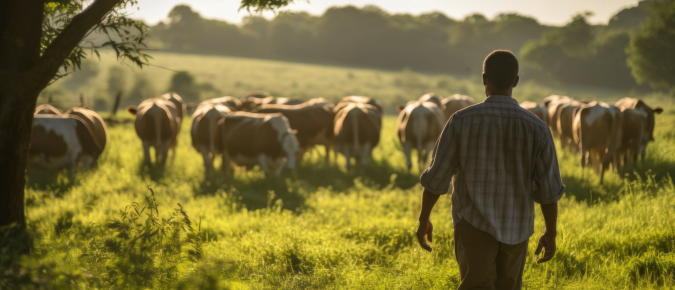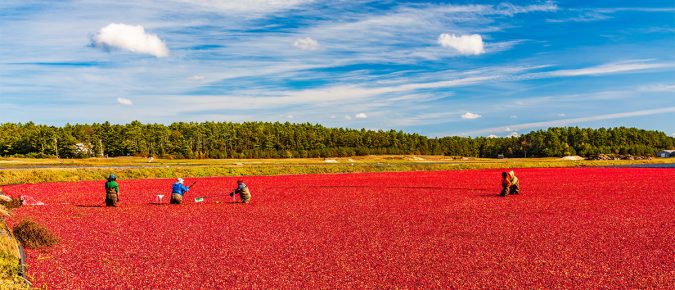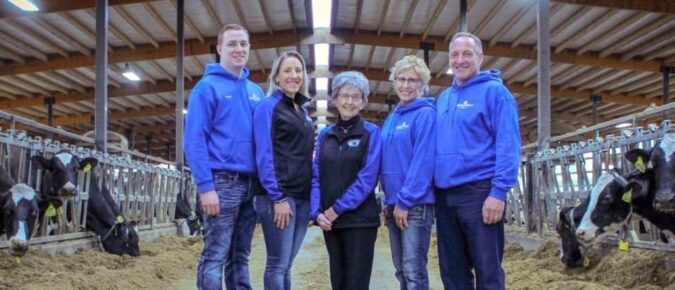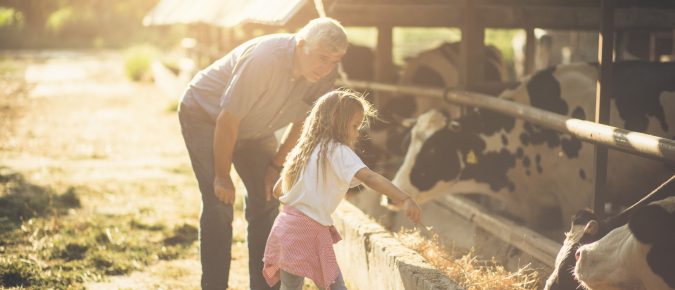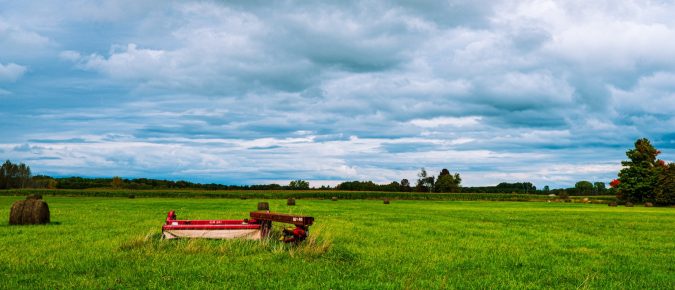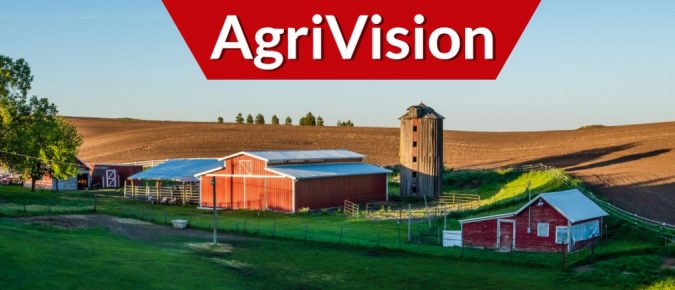Young farmers are often familiar with the old adage: if they want to own a farm, they must inherit it or marry it. However, farm succession planners know there’s a third, perhaps equally challenging, strategy: co-ownership.
To create a sustainable succession plan, the family and farm members can use their values, intentions, and vision as a basis for decision-making and informing the transactional aspects of the plan.
By understanding our own definition of “trust,” we can begin understanding how others trust, which in turn will assist in clear communication and conflict navigation.
When life takes an unexpected turn and you’re no longer there to guide the plow, who will inherit your hard-earned acres? Failing to plan can cast a shadow over your farm’s future.
Powering through the technical process of succession without acknowledging and addressing the tensions in your situation will give you a plan, but how long will it last when the tensions build to a breaking point?
Setting Business Strategy Using a SWOT Analysis Introduction Why Do We Care About Strategies? The SWOT Analysis Who Should Be Involved? The 3-Step Process Strategy Analysis Examples Turning Strategies into Goals Putting It All Together SWOT Analysis Worksheet Reflection Question Introduction Strategic thinking is the intuitive, visual, and creative process you use to make decisions […]
Farm succession planning has a lot of technical components that require accountants, consultants, tax specialists, and attorneys to figure out how and when the transition will happen. Read how Extension helped this family farm successfully transition to the next generation of owners.
The season of New Year’s resolutions is upon us. This time of year, we start reflecting on what we have accomplished and what we would like to achieve in the year ahead. Before jumping right into those new resolutions, take some time to remind yourself of your big-picture or long-term vision for yourself and your farm business, set strategic goals to align with your vision, develop an attainable plan of action, and identify who is responsible for each part of the plan.
This article is one of a series of articles about worksheets in Cultivating Your Farm’s Future: a workbook for farm succession planning in Wisconsin. Cultivating Your Farm’s Future: a workbook for farm succession planning in Wisconsin was developed as a companion piece for Extension farm succession programs. It is designed to help family members and […]
This article is one of a series of articles about worksheets in Cultivating Your Farm’s Future: a workbook for farm succession planning in Wisconsin. Cultivating Your Farm’s Future: a workbook for farm succession planning in Wisconsin was developed as a companion piece for Extension farm succession programs. It is designed to help family members and […]
How would you describe your attitude or emotions to the words “farm succession planning”? Excited, hopeful, motivated? Or maybe the words that come to mind are apprehensive, stressed, or conflicted. Perhaps at different times all these words can be used to describe your attitude about farm succession.
The possibility of a next-generation joining the farm can be an exciting time; yet change, even positive change, can be stressful. Farm succession and its many components is sometimes overwhelming for farm families.
Productive farmland is an increasingly rare and valuable resource. Thinking ahead and having a plan in place for the legacy of the land is one of the most important decisions to make as a landowner. This article aims to “demystify” the new generation of farmers so that current landowners have a better understanding of who they are and ways we can make land more accessible to them for the benefit of everyone.
Protecting Farmland for the Future. Farmers invest a lot of time, money, and energy into their land and, when it comes time for retirement, they often worry that the land may someday be covered in asphalt. An agricultural conservation easement (ACE) can provide a retiring farmer with the assurance that the land will forever be available for agricultural use. An ACE is a permanent deed restriction that allows future farmers to continue farming the land, but typically prevents subdivision and non-farm agricultural development. An ACE may not be right for everyone, but it can be a helpful tool to consider when planning for the future of your farmland.
Buy-Protect-Sell (BPS) is a land transition model that can help farmers without heirs transfer property to a new generation of producers. In this model, a farmer sells their land to a land trust, who then protects the property with an agricultural conservation easement. In this article, you will learn what Buy-Protect-Sell is through the story of a retiring landowner and a land-seeking family, how it may benefit your farmland legacy, and if your farm could be the right fit.
Business strategies are practical actions that communicate how a business plans to reach its goals. Thinking strategically about the farm business as a whole helps determine emerging themes, issues, patterns, and opportunities. Learn how to complete a SWOT Analysis for your farm.
Host Katie Wantoch and Kaitlyn Davis, Extension Agriculture Educator in LaCrosse County, discuss and offer tips for a couple’s plans for selling their cows and retiring from farming.
Business values influence the farm’s goals and priorities. It is important to be able to recognize differences in the values of owners, stakeholders, managers, and other key personnel and have a process through which each is willing to compromise if necessary, to arrive at mutually acceptable goals and decisions.

